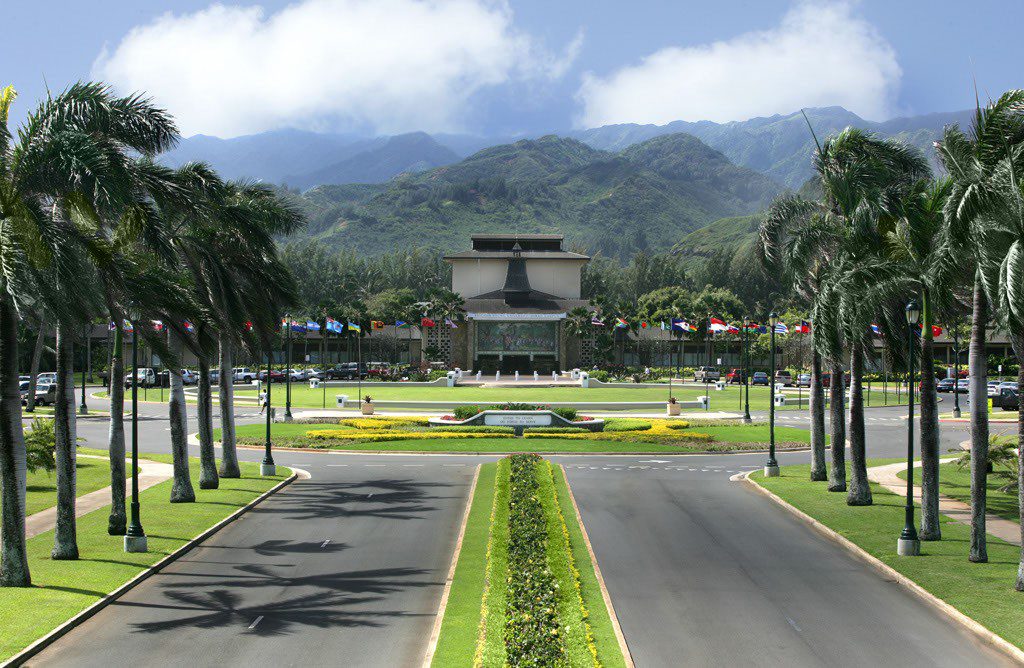
I’m grateful to Donlu Thayer, of BYU’s International Center for Law and Religion Studies, for alerting me to this article:
I couldn’t help but reflect on Brigham Young University as I read it.
I think that we fall somewhere between the two “ideal types” sketched by Professor Helfand. We don’t require faculty to sign on to a creed or a statement of faith, although all candidates chosen for prospective hiring are interviewed by a General Authority before the University is permitted to hire them. We do hire non-Mormons; during the entirety of my years teaching at BYU, I’ve always worked with at least a few non-LDS colleagues. On the other hand, I’m not sure that we’re particularly eager to increase religious diversity among our faculty. We’re simply willing to do it, up to a point, and happy to include such colleagues and their perspectives, so long as they’re not opposed to the University’s mission, in campus life. They serve in important administrative roles, offer prayers in department and other University meetings, deliver campus-wide forum and devotional addresses, receive University awards, hold endowed chairs, and so forth.
BYU isn’t spectacularly diverse in terms of religious viewpoints among faculty and students. But I would argue that, in itself, it represents a contribution to the diversity of higher education in America. As do such schools as Yeshiva University, Baylor University, and the University of Notre Dame
Posted from Honolulu, Hawaii










